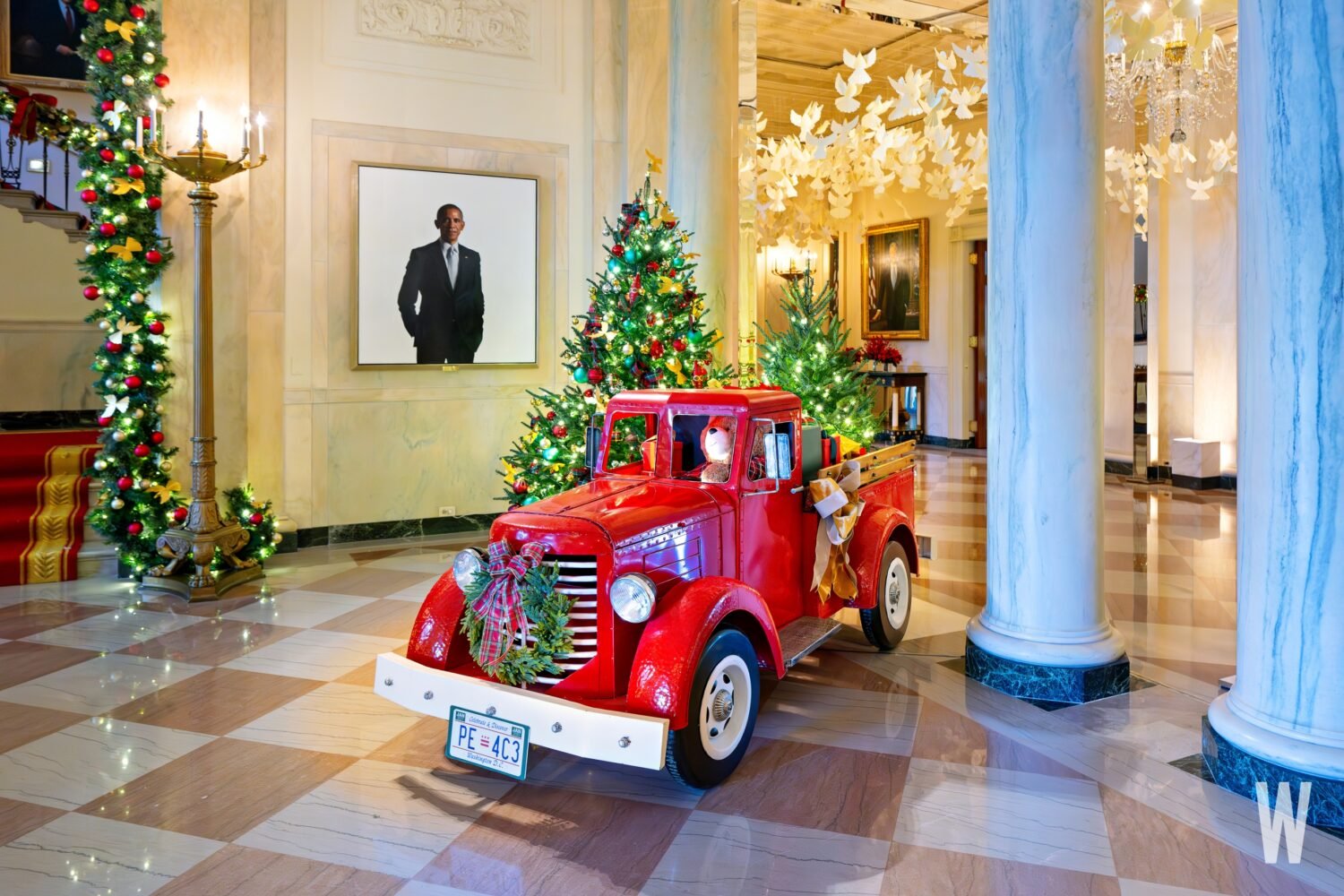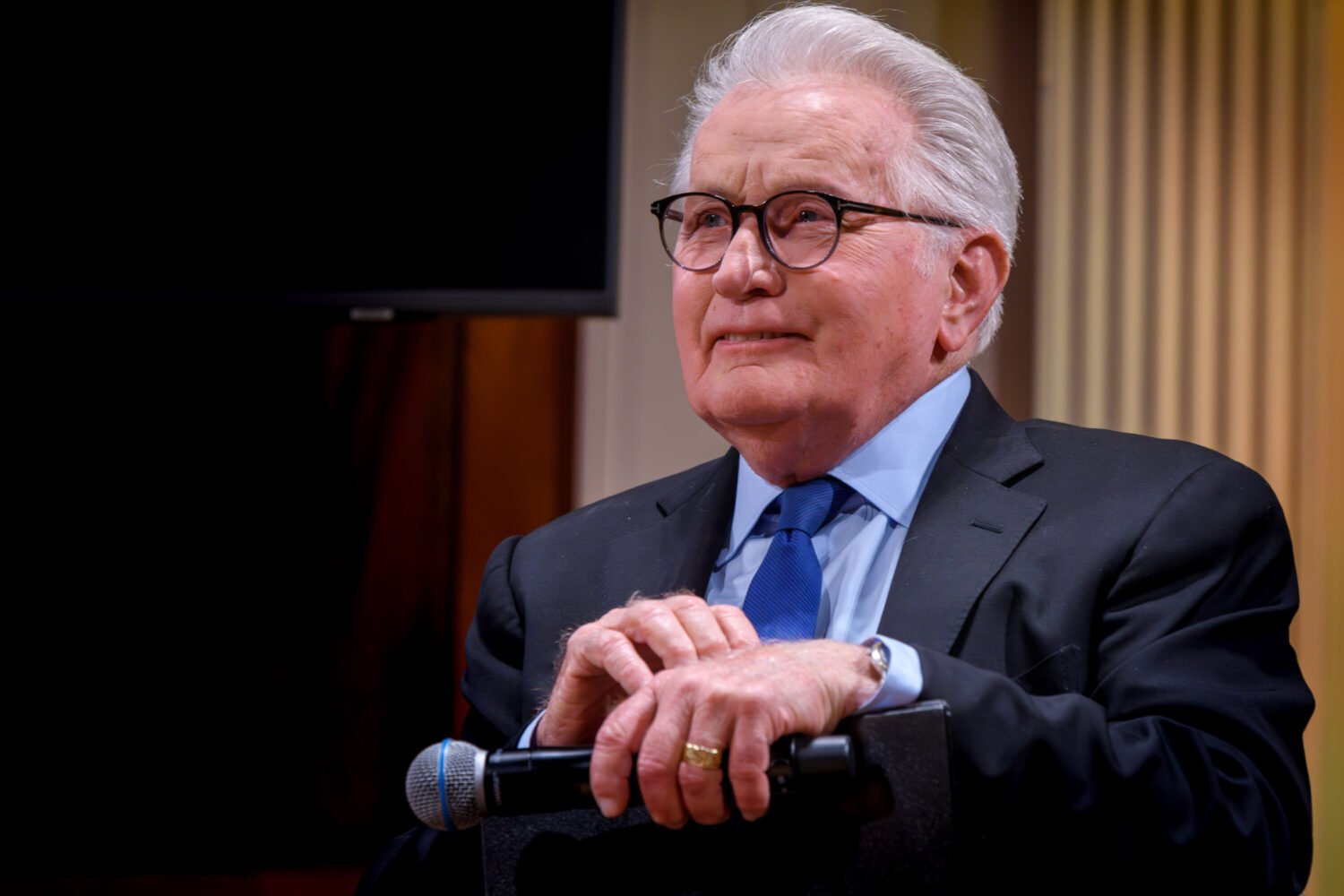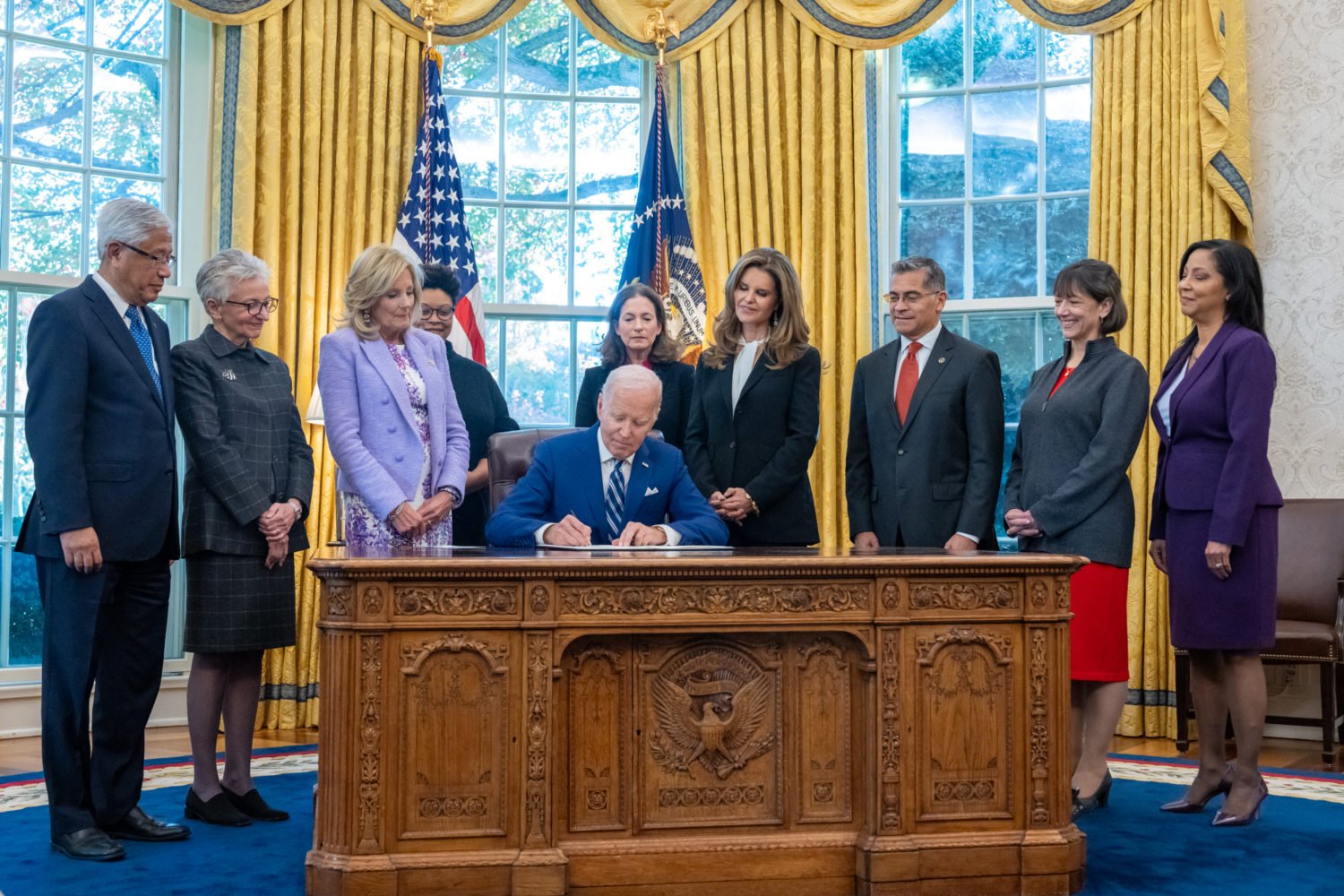When Virginia governor Bob McDonnell initially failed to mention slavery as he reinstated the Old Dominion’s observance of Confederate History Month this year, President Obama joined the chorus of condemnation. “An unacceptable omission,” he said, declaring himself “a big history buff.”
The President may need all the historical understanding he can muster as the nation begins to mark the Civil War’s 150th anniversary next spring and our first African-American chief executive becomes a focus.
For Obama to take a leading role in commemorating the Civil War “is what Americans expect—it’s what the world expects,” says Frank Smith, founding director of DC’s African American Civil War Memorial & Museum. But as McDonnell’s misstep illustrated, politicians had best proceed carefully when dealing with a war that many historians see as the most divisive—and decisive—time in the nation’s development.
“It’s not only appropriate but necessary for the President to recognize it in a relatively forceful way,” says S. Waite Rawls III, president of the Museum of the Confederacy in Richmond.
Obama already knows the sort of controversy that can flare up. Over the protest of academics, he has continued the tradition of sending a Memorial Day wreath to the Confederate Monument at Arlington Cemetery. His response to complaints was also to send one to the African American Civil War Memorial on DC’s U Street.
Obama’s lineage—black Kenyan father, white American mother—was explored extensively during the 2008 campaign. Though none of his direct ancestors were American slaves, Michelle Obama’s forebears were.
But little has been made of the significance—and ironies—of Obama’s being President when commemorations get under way next spring.
According to the New England Historic Genealogical Society, Obama is, on his mother’s side, a fifth cousin eight times removed of commanding general of the Confederacy Robert E. Lee. In his memoir Dreams From My Father, Obama hinted at a distant kinship to Confederate president Jefferson Davis. And he declared his descent from white slaveholders to be “no surprise” when his lineage flared briefly as a campaign issue in 2007. “That’s part of our tortured, tangled history,” he said.
African-Americans are expectant—Obama’s being President as the Civil War anniversary begins is, Smith says, “like putting a period to the end of a sentence.”
Confederate-heritage groups are wary. “Is the focus going to be nothing but slavery?” asks Charles McMichael of Shreveport, Louisiana, past commander-in-chief of the Sons of Confederate Veterans. “I don’t want anything that seems to be rubbing our face in it.”
But confronting glorification of the Confederacy is exactly what Obama should do, says researcher Edward H. Sebesta, a critic of neo-Confederate groups. “There needs to be some historical reality,” he says. Obama “could easily combat the persistent ‘lost cause’ ideology,” a view that the Confederacy was a noble endeavor that inevitably failed because of the Union’s military and economic advantages.
Historian Robert Cook says Obama should welcome the fact that “the South is a very different region from the one that seceded in 1861.” But he “should make it clear that a determination to protect racial slavery was the root cause of secession. Mid-19th-century secessionists were more honest and open about their motives than many of their modern apologists.”
The focus should be on the nation-changing effect of the war, says the Museum of the Confederacy’s Rawls: “If we’d had a Pledge of Allegiance to the flag before the war, it would have said ‘one nation divisible, with liberty and justice for some.’ Those are the fundamental two changes that came from the war: that it’s an indivisible union with liberty and justice for all.”
Obama will have many chances to mark Civil War milestones, including in the three formerly Confederate states he carried in 2008—Virginia, North Carolina, and Florida.
Rawls would like the President to visit Richmond, as President Lincoln did after the city fell in 1865. In the battered Confederate capital, a modern historian tells us, Lincoln saw “the most unforgettable scenes of this unforgettable war.”
Subscribe to Washingtonian
Follow Washingtonian on Twitter
More>> Capital Comment Blog | News & Politics | Party Photos
This article first appeared in the November 2010 issue of The Washingtonian.


















